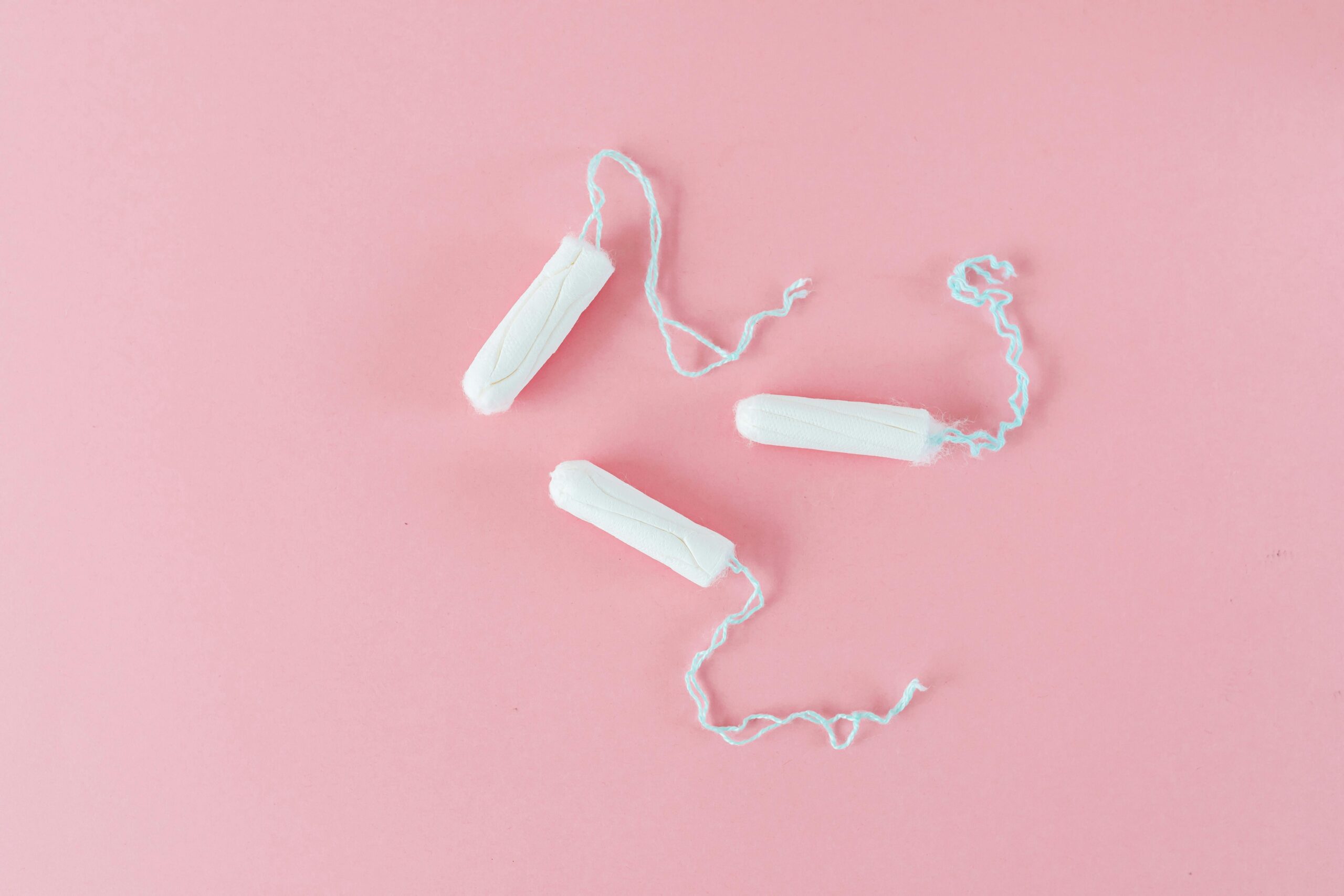
Period constipation
In this article
What's the lowdown?
Period poo, well that’s nothing new
73% of respondents in a study experienced some form of bowel symptom (constipation, tummy pain or diarrhoea) before or during their period(1)
The progesterone hormone is usually to blame for the bowel symptoms we experience during our menstrual cycle
Period poos are a thing too!
Cramps, sore boobs and now period poo! What else?
Period poo is a symptom that does not get enough limelight. Probably because you didn’t know your period has an impact on your poop or maybe you were too shy to talk about your bowels?
Well, there’s no shame at the Lowdown!
What is constipation?
Symptoms
Constipation is a lot more common than you think. If you have answered yes to any of these questions, you are likely constipated2:
- Have you pooed less than 3 times during the week?
- Is your poo large or small, dry or hard?
- Does pooing involve a lot of straining and hurt?
- Do you feel like you have not fully emptied your bowels after getting off the toilet?
Can periods cause constipation?
Constipation before period
During our menstrual cycle, our hormones go on a roller coaster ride. Nothing we don’t already know. But if you don’t, let’s find out more about our phases and hormones together.
But what you might not have known is that these hormones also affect our gastrointestinal (digestive) tract. Our gastrointestinal tract is lined with hormone receptors too3. They react to varying levels of our female sex hormones (oestrogen and progesterone) throughout our cycle.
Progesterone is not only responsible for our womb line shedding, it is also the theorised culprit behind period constipation. 2 weeks before menstruation, your ovaries release an egg and with that the progesterone levels rise, preparing the womb lining for a fertilised egg. When the progesterone level spikes before our bleed, it slows down the motility of our bowel and delays the movements of food through our bowel resulting in constipation before periods4.
Constipation when on period
As your period progresses, your progesterone levels go downhill. This is why you will notice your bowels readjusting back to normal but you might still feel constipated during the beginning of your period while the progesterone levels are declining.
How to ease period constipation
Constipation is no fun, ask anyone!
The good thing is that constipation can be easily fixed with lifestyle tips or medications.
Water and fibre
What you eat and your bowel motions are interconnected. Incorporating high-fibre foods (5) and plenty of fluids5 can pre-empt the constipation and get your bowels moving. A healthy diet can also dampen your PMS symptoms so win-win!
More pooping and less weeping!
Exercise
Exercise does not just get you moving, it also motivates your bowels to move a bit more6. We don’t mean a 10km run or smash out a HIIT class. Simple gentle exercise like a walk or even dancing round the kitchen can do wonders.
And again, exercise can make PMS symptoms more manageable with the rise of endorphins.
Laxatives
There is no shame in needing an extra hand. Sometimes your bowels are stubborn and just won’t budge, despite hours on the toilet.
Laxatives can ease the process7. Laxatives can act as stool softeners to make it easier for your bowels to push softer poo out, or as stool stimulators to make the muscle around your bowel contract and move poo out more quickly. You can use a softner or a stimulator alone, or combine the two. Some people take them regularly or just when needed in your cycle alongside incorporating a regular balanced diet and adequate fluid intake into your day-to-day. Your local pharmacist can advise which options may be best for you.
Side effects of laxatives include diarrhoea, cramping and mineral disturbances in the body7, so you’re advised to wean off using them when your bowels are moving regularly again.
Poo diary
Your bowel habits are a great indicator of your gastrointestinal health, just like your periods are an important indicator of your gynaecological health!
Try keeping a poo diary so you can understand the pattern your bowel has with your period or anything you eat and drink. Some period apps might have a bowel symptom tracker too.
Summary
Constipation during your period is common due to rising progesterone. Underlying bowel conditions such as irritable bowel syndrome (IBS) and inflammatory bowel disease (IBD) might be more sensitive to our hormonal changes.
27% of IBS sufferers8 reported constipation before their period while 72% of people with Crohn’s sufferers 9experience changes in their bowel during their period.
As the spike in progesterone is transient and starts falling as our period starts, the constipation is not long-lived. Your bowels should return to their normal time and state in no time!
If you thought you were alone, fear not, were all standing with you (or in this case sitting on the toilet)!
Our medical review process
This article has been medically reviewed for factual and up to date information by a Lowdown doctor.






